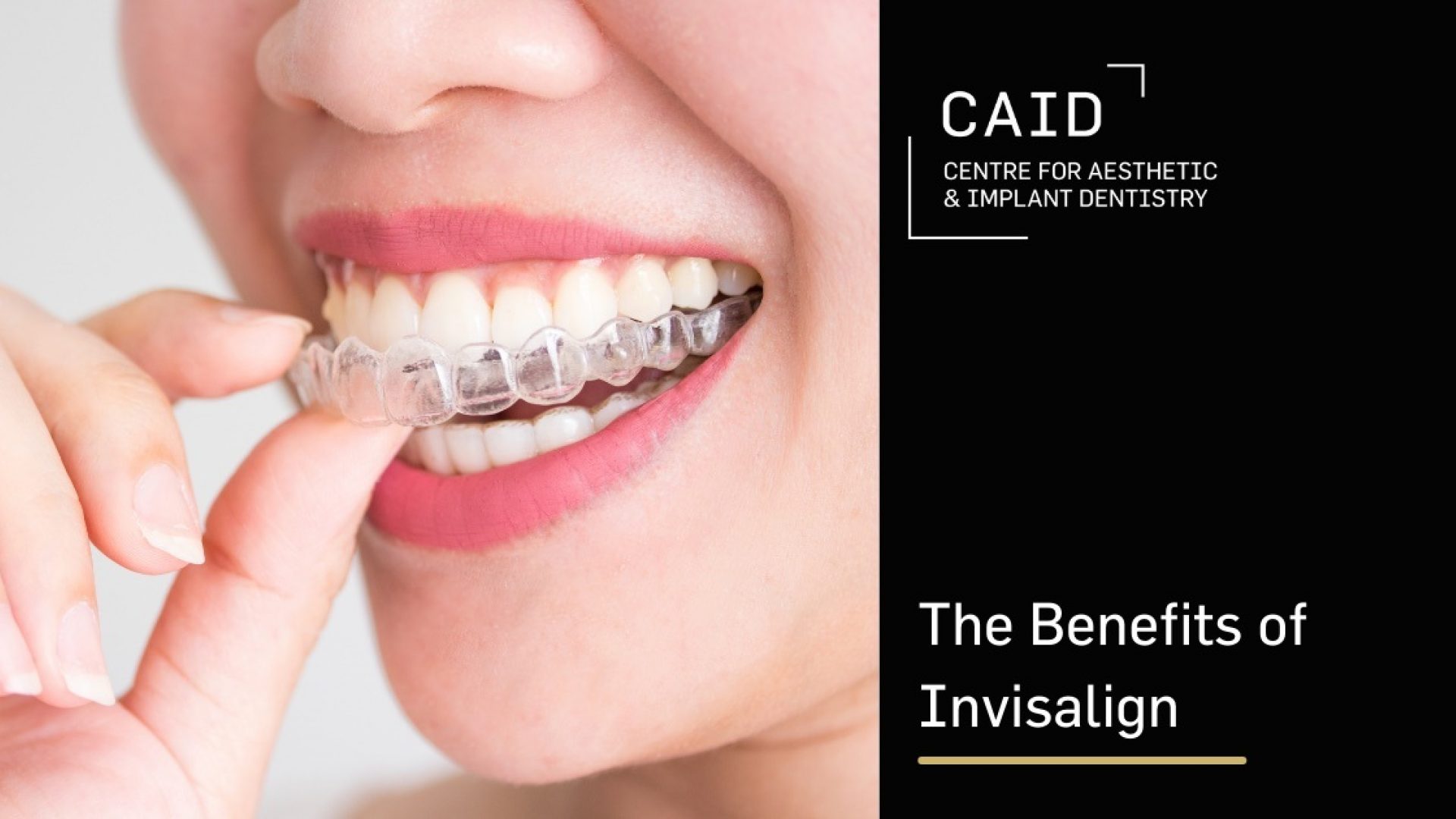Toothaches can feel debilitating on their own, but they are usually signs that something is going on with your teeth. You could have a cracked tooth or filling, gum disease, or worn-down tooth enamel. If left untreated, these conditions can lead to serious damage to your teeth, gums, and physical health in general. That's why it is always recommended to see your dentist if you are experiencing any aches and pains in your mouth that don't go away on their own within a day or two.
In the meantime, here are some common ways you can alleviate the pain and discomfort of a toothache at home.
Rinse Your Mouth with a Salt Water Solution
Dissolve a ½ teaspoon of salt in a small cup of warm water (or in hot water, then let it cool), then swish it around your mouth, gargle, and spit it out. Salt is a natural disinfectant and anti-inflammatory. Rinsing can also dislodge hard-to-reach food and particles between your teeth.
Rinse Your Mouth with Hydrogen Peroxide Mixed with Water.
Alternatively, you can combine one part 3% hydrogen peroxide and two parts warm water, then rinse/gargle. Hydrogen peroxide can help kill bacteria in the mouth and reduce inflammation. Make sure you do NOT swallow this solution.
Numb the Pain with Ice
Most people like to make a compress by wrapping ice in a clean dish or other towel, then applying around the mouth in the area of the pain. Try to keep it in place for 10 to 15 minutes at a time. Others use a bag of frozen peas or put an ice cube in their mouth. Just make sure you don't crunch down on the ice. If you have a crack or chip in your tooth, it can cause more damage as well as pain.

Use Tea Bags as Compresses
Applying a used tea bag (that has cooled down but is still warm) can soothe the pain. Alternatively, you could pop it in the freezer for a couple of minutes for a colder compress. Peppermint tea is a great option because of its antibacterial properties. Just remember that using the tea bag compress often could result in some staining of the enamel, so don't overdo it.
Take Over-the-Counter Pain Medication
Acetaminophen, ibuprofen, or aspirin can provide some relief from tooth pain. Your pharmacy will likely also stock topical gels that you apply directly to your gums and aching tooth to numb the pain.
What to Do When the Toothache Doesn't Go Away
Getting regular dental cleaning and proper oral hygiene go a long way to preventing cavities and other conditions that cause tooth pain. If a toothache doesn't go away in a day or two, make an appointment with your dentist and get a check-up as soon as you can in case you need to get a root canal or other treatments. Contact us and book your appointment today.





